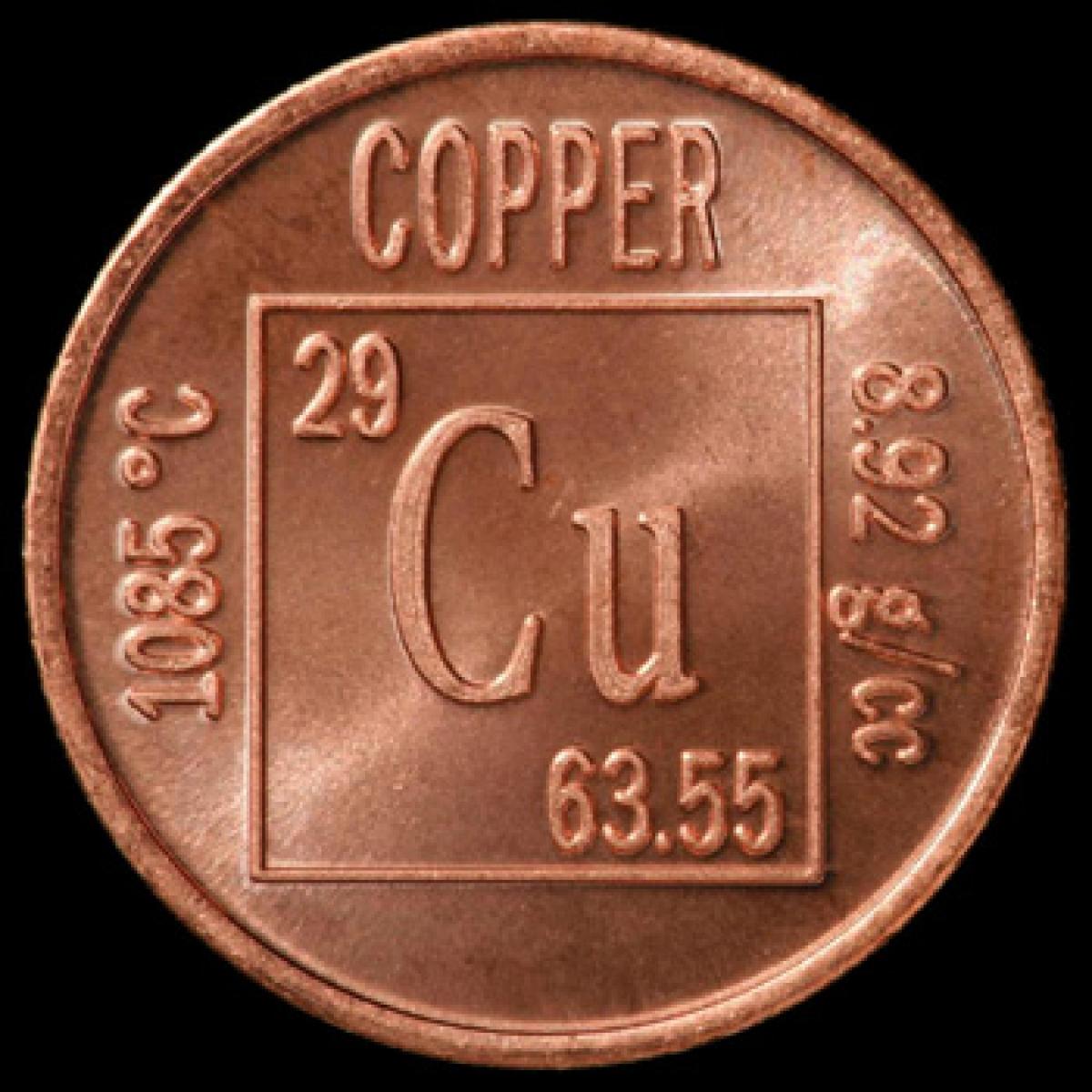Live
- Jamaat-e-Islami Hind President asks cadre to reach out to larger society beyond community
- Why PM mum on Caste Census, removing 50 pc quota limit: Rahul Gandhi
- Barrackpore Municipality Vice-Chairman found dead at home, suicide note suggests blackmail
- Selection trials announced for 20th Asian Senior Women's Handball Championship
- Women’s Asian Champions Trophy: India register 3-0 win over Olympic medallist China in Rajgir
- Sr Men's National Hockey: Odisha overcomes Haryana to secure maiden title
- Even Trinamool leaders not safe in Bengal: BJP
- K’taka: Police complaint lodged against petitioner in MUDA case
- Andhra college student jumps to death from hostel building after petty spat
- Bengal: ED investigating bank accounts of Bangladeshi citizens arrested in Hawala scam









